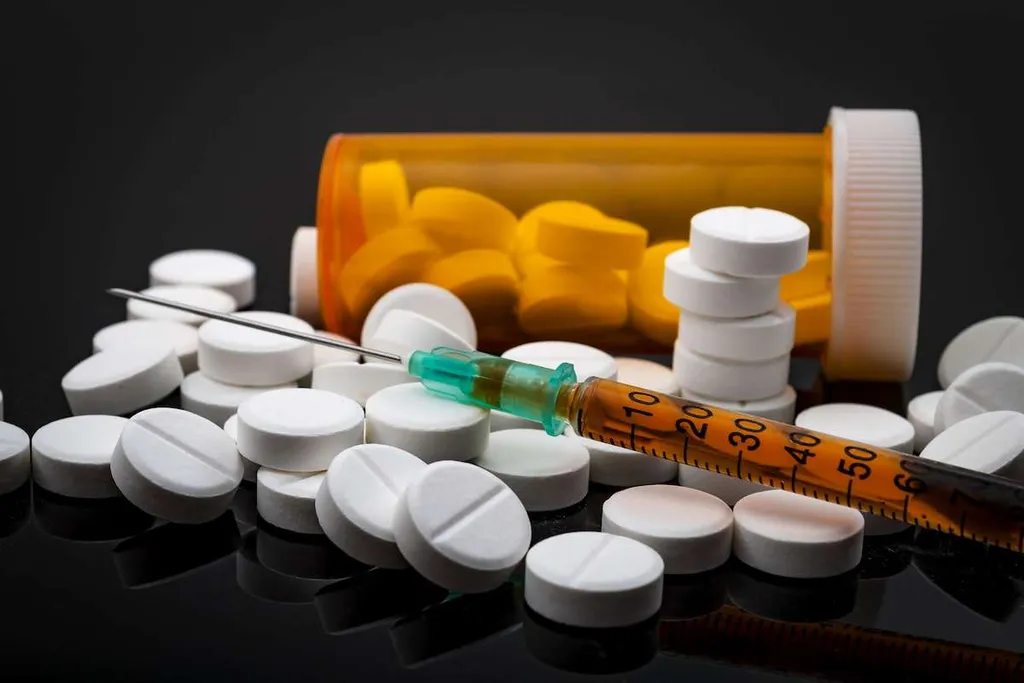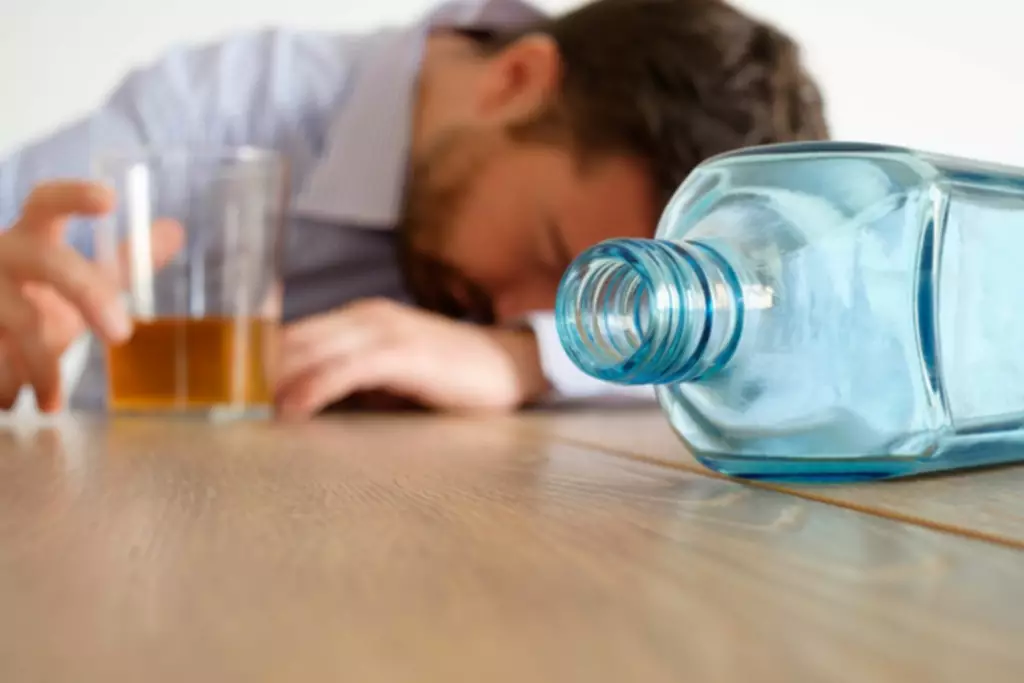
The cognitive challenge is to indicate that negative feelings are not signs of failure, but a normal part of life and opportunities for growth. Helping clients feel comfortable with being relapse prevention plan uncomfortable can reduce their need to escape into addiction. Sometimes, it’s challenging to explain to new friends why you choose to abstain from drugs and alcohol. This can happen with long-time friends and family members, as well.

Tracking Progress
Discover the dangerous opiate abuse side effects, from physical cravings to overdose risks. Explore common causes of over the counter drug abuse and ways to combat this rising concern. Explore how fentanyl-laced heroin is killing addicts and learn about the urgent crisis and prevention strategies. Co-occurring disorders, also known as dual diagnosis or comorbidity, refer to the presence of both a mental health… Discover how movement and recovery go hand in hand, aiding injury rehab, sleep, and addiction recovery.
- Make a list of things you are thankful for and some of your reasons for remaining sober.
- For those times when we find ourselves alone, we need to have a plan.
- Call an admissions navigator to begin treatment or learn more about our facilities across the U.S.
Relapse Triggers

While some may never relapse, others may relapse several times at some point during recovery. At American Addiction Centers, we offer a 90-Day Promise that gives you 30 additional days of complimentary treatment if you relapse after 90 consecutive days at one of our facilities. Whether you are going to rehab for the first time, or have relapsed in the past, we will work with you to find the best treatment plan for you. Support groups like Alcoholics Anonymous (AA) and Narcotics Anonymous (NA), along with community mental health services, provide ongoing social connection and accountability.
AUD Medications: The Medications to Stop Drinking Alcohol
At Recovery Unplugged, all information published on our website has been rigorously medically reviewed by a doctorate level medical professional, and cross checked to ensure medical accuracy. Reach out to trusted family and friends and discuss a recovery plan together; ask for their support as accountability partners, and count on them as someone there when help https://ecosoberhouse.com/article/why-we-have-a-fear-of-being-sober-5-fears-about-it/ is necessary. Recovering individuals are often overwhelmed by the idea of change.
- Common triggers might encompass stressful events, social pressures, certain places, or feelings like boredom or loneliness.
- Discover what a dual diagnosis treatment program entails and how it supports recovery from co-occurring disorders.
- But that is the final and most difficult stage to stop, which is why people relapse.
- Set small, attainable goals and reward yourself for positive progress.

Make a list of things you’re thankful for and your reasons for getting healthier, which you should keep on hand to remind yourself what you’re working toward. For example, calling a trusted friend can help alleviate the intensity of wanting to use. Trusted frjends can remind you why relapsing isn’t worth the negative consequences. Verbalizing the feelings you are experiencing helps you feel less alone, which can prevent the desire to relapse. Rather than dealing with overwhelming feelings all by yourself, your support system can remind you that you have the strength to commit to recovery, one day at a time. Relapse is not a single event but an ongoing process that often begins several weeks or months before using alcohol or drugs again.

Interprofessional collaboration is essential, involving primary care providers, nurses, mental health specialists, and addiction professionals. This teamwork allows for personalized care that adapts to each individual’s evolving needs, circumstances, and challenges. Understanding relapse as a gradual process with emotional, mental, and physical stages allows for timely intervention. Educational models and predefined templates together equip individuals with the knowledge and tools needed to navigate the recovery journey and reduce the likelihood of relapse. Other practical approaches include maintaining a list of supportive contacts, writing down a personal response plan for cravings, and practicing relaxation exercises.
Create an Action Plan for High-Risk Situations
- This assessment includes identifying the situational, emotional, or mental cues that have historically led to substance use.
- Third, the main tools of relapse prevention are cognitive therapy and mind-body relaxation, which change negative thinking and develop healthy coping skills 3.
- Uncomfortable emotions, such as stress and loneliness, are a part of life, and implementing skills from your relapse prevention plan can help mitigate the impact of these feelings.
- Clinical experience has shown that occasional thoughts of using need to be normalized in therapy.
- Denied users will not or cannot fully acknowledge the extent of their addiction.
- Engaging in regular physical activity can assist in reducing stress levels, enhancing mood, and strengthening self-esteem.
Planning helps manage stress and avoids the chaos that can lead to relapse. Coping strategies are techniques or activities that help you manage stress, cravings, and other challenges that may arise during your recovery journey. These can include engaging in mindfulness practices, seeking professional support, utilizing healthy distractions, or engaging in physical activities. Experiment with different strategies and identify those that work best for you. Each component plays a crucial role in empowering you to stay on track and prevent relapse.
Consider emotions like loneliness, boredom, or anger that alcohol rehab could increase relapse risk. The goal of a relapse prevention plan is to empower individuals to maintain abstinence by building resilience against relapse triggers and strengthening their commitment to recovery. A relapse prevention plan is used to help keep a person from using a substance after they have decided to quit. It is one of many tools used by individuals recovering from a substance use disorder.
You may also participate in support groups like Alcoholics Anonymous (AA) / Narcotics Anonymous (NA) and SMART Recovery. Peer support from those with similar experiences can maintain motivation in recovery5. Those healing from mental health concerns can find community in National Alliance on Mental Health (NAMI) support groups.

